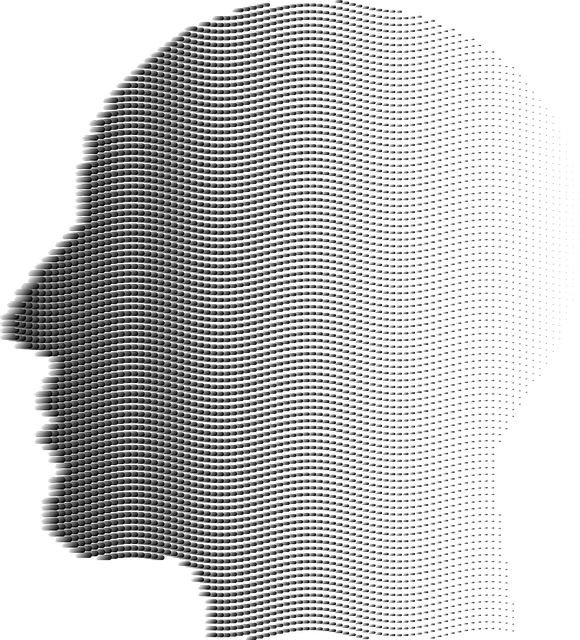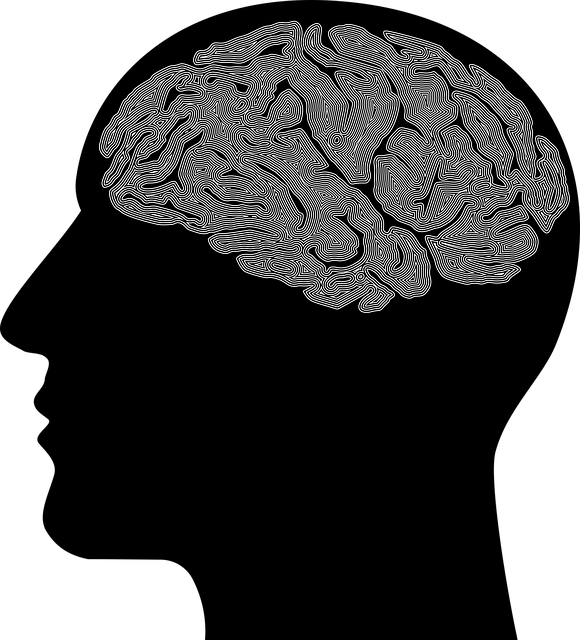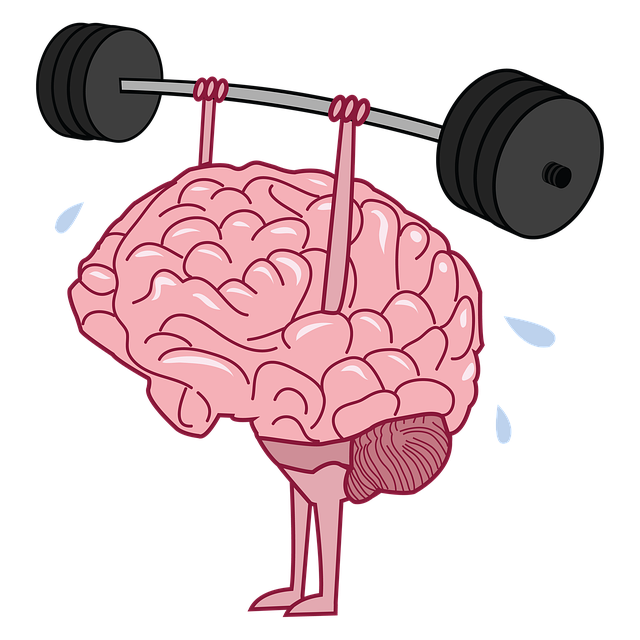Mood regulation is crucial for adults with developmental disabilities, who often face challenges managing intense emotions. Traditional therapy focuses on coping strategies and self-awareness, while public awareness campaigns destigmatize mental health issues. Cognitive Behavioral Therapy (CBT) is an effective approach, addressing negative thought patterns and promoting positive emotional coping mechanisms. Mindfulness and relaxation techniques, integrated into therapy, enhance self-awareness and mood management skills. Creating a supportive environment through social connections and calming spaces improves emotional well-being, encouraging individuals to adopt positive lifestyle changes and seek support. Therapy for Adults with Developmental Disabilities that prioritize mood regulation, including CBT, skill-building workshops, and community outreach, significantly improve quality of life for this population.
Mood regulation is a crucial aspect of well-being, especially for adults with developmental disabilities. This comprehensive guide explores effective strategies to help manage emotions and stabilize moods. From cognitive behavioral therapy (CBT), proven to enhance emotional control, to mindfulness practices and environmental modifications, each section offers practical tools. Understanding the unique needs of this population, we provide insights into creating a supportive environment, emphasizing social connections as a game-changer in mood regulation for adults with developmental disabilities.
- Understanding Mood Regulation for Adults with Developmental Disabilities
- Cognitive Behavioral Therapy (CBT): A Powerful Tool for Emotional Management
- Mindfulness and Relaxation Techniques to Calm and Stabilize Moods
- Building a Supportive Environment: Social Connections and Environmental Modifications
Understanding Mood Regulation for Adults with Developmental Disabilities

Understanding Mood regulation is crucial for adults with developmental disabilities as it enables them to navigate and manage their emotional states effectively. Many traditional therapy approaches for adults with developmental disabilities often focus on improving coping strategies, which can help individuals recognize and respond to changes in mood. These therapies promote self-awareness and offer tools to mitigate intense emotional reactions.
Public awareness campaigns aimed at destigmatizing mental health issues among this population are essential. Workshops centered around stress management and community outreach programs that provide support networks can significantly enhance their well-being. These initiatives, coupled with individualized therapy plans, empower adults with developmental disabilities to better regulate their moods, fostering a sense of control and improved quality of life.
Cognitive Behavioral Therapy (CBT): A Powerful Tool for Emotional Management

Cognitive Behavioral Therapy (CBT) is a highly effective tool for managing emotions and regulating mood among individuals with developmental disabilities. This form of therapy helps people identify and challenge negative thought patterns, replacing them with more positive and realistic ones. By focusing on the connection between thoughts, feelings, and behaviors, CBT enables adults with developmental disabilities to gain valuable insights into their emotional responses, ultimately enhancing their ability to cope with challenging situations.
In the context of mental health policy analysis and advocacy, CBT’s efficacy is well-documented, making it a recommended treatment approach for various conditions. Social skills training, often integrated within CBT sessions, empowers individuals to navigate social interactions more effectively, further supporting their emotional well-being. Additionally, stress management workshops organized by support organizations can complement CBT by teaching practical strategies to handle stressors, reinforcing the overall mood regulation process.
Mindfulness and Relaxation Techniques to Calm and Stabilize Moods

Mindfulness and relaxation techniques are powerful tools for adults with developmental disabilities to manage their moods effectively. These practices, often part of therapy for adults with special needs, focus on bringing one’s attention to the present moment, thereby reducing anxiety and promoting emotional well-being promotion techniques. By cultivating mindfulness, individuals can observe their thoughts and emotions without judgment, fostering a deeper sense of self-awareness and improving mood management skills.
Simple yet effective relaxation techniques like deep breathing exercises, progressive muscle relaxation, and guided imagery can help stabilize moods and reduce stress. These methods encourage individuals to let go of tension and calm their minds, ultimately enhancing their ability to regulate emotions. Incorporating these practices into daily routines can lead to significant self-esteem improvement and overall better mood management for those with developmental disabilities.
Building a Supportive Environment: Social Connections and Environmental Modifications

Building a supportive environment plays a pivotal role in mood regulation strategies, especially for individuals navigating therapy for adults with developmental disabilities. Social connections are invaluable; fostering strong relationships and engaging in social activities can significantly enhance emotional well-being. This could involve joining support groups or participating in community events, where one can share experiences and receive encouragement from peers facing similar challenges. Additionally, modifying the physical environment can make a difference. Creating a calm space at home, incorporating soothing colors and comfortable furniture, or even introducing pets as companions, are simple yet effective ways to create a sanctuary that promotes relaxation and emotional stability.
For mental health professionals assessing risks in this context, recognizing the importance of these environmental factors is crucial. Public awareness campaigns focused on de-stigmatizing mental health issues can also encourage individuals to seek support and implement positive lifestyle changes. Moreover, building confidence through skill-building workshops or therapy sessions equips adults with developmental disabilities to manage their moods more effectively within various environments, ultimately leading to improved quality of life.
Mood regulation is a vital skill for adults with developmental disabilities, enabling them to manage their emotions effectively. By combining evidence-based methods like CBT, mindfulness practices, and environmental adjustments, individuals can enhance their emotional well-being. These strategies offer a holistic approach to supporting those with developmental disabilities in navigating and stabilizing their moods, ultimately fostering a more fulfilling life. For those seeking therapy for adults with developmental disabilities, these techniques provide valuable tools to promote resilience and emotional balance.










